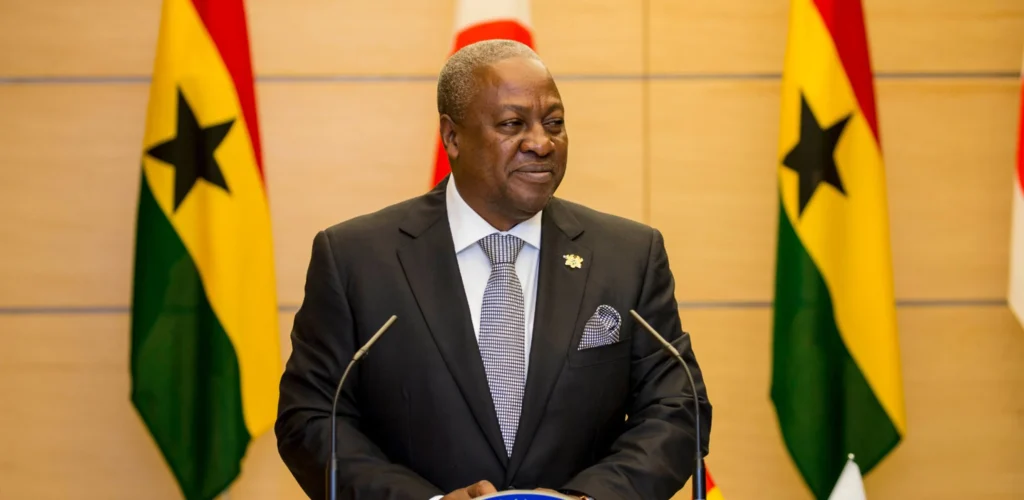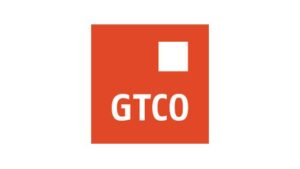Africa Prosperity Dialogues 2025 Introduces Ambitious $1-A-Day Infrastructure Fund to Strengthen Continental Connectivity

The Africa Prosperity Network (APN) and the African Continental Free Trade Area (AfCFTA) Secretariat have launched a bold initiative aimed at boosting Africa’s infrastructure development and economic integration. Unveiled during the Africa Prosperity Dialogues 2025, this initiative, dubbed the Africa Prosperity Dialogues 2025 Compact, seeks to mobilize African citizens to invest in the continent’s future by contributing to a special infrastructure fund.
The cornerstone of the initiative is a proposal for a $1-a-day fund, targeting 100 million Africans to contribute towards a pool that will finance major infrastructure projects across key sectors, including energy, transport, and digital connectivity. This announcement came during the Africa Prosperity Dialogues (APD) 2025, which took place at the Accra International Conference Centre from January 30 to February 1, 2025. The event, themed “Delivering Africa’s Single Market Through Infrastructure: Invest, Connect, and Integrate,” brought together African heads of state, policymakers, industry leaders, and experts to engage in discussions on how to address the continent’s critical infrastructure challenges.
The compact outlines a five-pillar framework that sets the stage for immediate action in transforming Africa’s infrastructure landscape. The first pillar focuses on Transport and Logistics Integration, which aims to enhance air and sea connectivity across the continent. Specifically, it calls for the implementation of the Single African Air Transport Market (SAATM) and the Africa Integrated Maritime Strategy 2050, with the goal of lowering the 30-40% premium on intra-African trade costs. These measures are seen as essential in increasing trade and economic cooperation among African nations.
The second pillar of the compact centers on Energy Security and Power Integration, focusing on creating interconnected power grids and harmonized regional energy policies. Key projects, such as the ambitious Grand Inga Dam and large-scale solar energy initiatives in the Sahara and Kalahari Deserts, are identified as transformative investments that will boost energy production and distribution across the continent.
A third pillar of the plan is a Five-Year Roadmap for Digital Transformation, which emphasizes the importance of technological integration for economic growth. The initiative calls for Pan-African mobile system interoperability, with a target for all member states to join the Pan-African Payment and Settlement System (PAPSS) by 2027. Additionally, the compact aims to enable cross-border mobile money interoperability across African Union (AU) regional blocs by 2030, which would significantly enhance financial inclusion and ease of transactions across the continent.
The fourth pillar focuses on Healthcare and Social Infrastructure, with a particular emphasis on strengthening health systems through increased local pharmaceutical production and the adoption of digital health solutions. The compact also highlights the need for greater investment in STEAM (Science, Technology, Engineering, Arts, and Mathematics) education to equip young Africans with the skills necessary to thrive in the global economy.
The final pillar introduces the Integrated Africa Infrastructure Growth Fund, which aims to mobilize over $2 trillion in the first decade. The fund will rely on contributions from Africa’s expanding middle class—estimated at over 400 million people—as well as domestic capital markets, multilateral financial institutions, and sovereign wealth funds. This massive fund will serve as a crucial tool for financing the continent’s infrastructure needs.
Leaders at the summit expressed a strong commitment to the initiative’s success. President John Dramani Mahama underscored the urgency of the task ahead, emphasizing that the summit’s decisions must lead to concrete action, not just resolutions. He stated, “We must act with urgency, determination, and a shared vision for prosperity. Let us rise to the occasion, break down the barriers that divide us, and build a strong, self-reliant, and globally competitive Africa.”
In line with this, AfCFTA Secretary-General Wamkele Mene announced the launch of the AfCFTA Transit Guarantee Scheme in 2025, a major step toward implementing the compact’s infrastructure-related objectives. Dr. Nkosazana Dlamini Zuma, APN Advisory Council Chairperson, pointed to Ghana’s mobile payment ecosystem as a model for advancing digital financial integration across the continent.
The summit concluded with the ceremonial lighting of the Africa Trade Torch (ATT), a private sector-led initiative symbolizing the commitment to mainstreaming AfCFTA benefits, especially among SMEs, women-led businesses, and youth across Africa.
With over 5,000 participants from 46 countries, including heads of state, CEOs, ministers, and development partners, the APD 2025 marked a significant milestone in Africa’s quest for infrastructure transformation. To continue the momentum, the APN will hold a press conference during the 38th African Union Summit in Addis Ababa, Ethiopia, on February 15-16, 2025, where further details of the compact’s implementation will be discussed. Through initiatives like the Africa Prosperity Dialogues, the APN is committed to advancing the vision of “The Africa We Want” in line with the African Union’s Agenda 2063.








